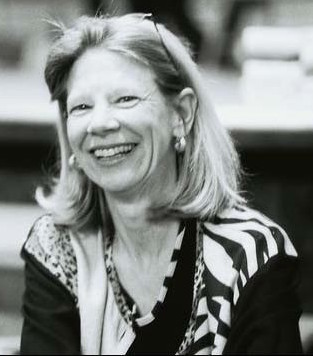
But it was not always like this, as those of us ordained some years ago know well.
As the ordination and leadership of women becomes normative, let us not forget that it was the lay women, not seeking ordination themselves, who were the leaders. They understood that “being made in the image of God” meant that men and women alike should have the chance to answer an authentic call to ministry, lay or ordained. They taught me that ordination was not a question of equal rights, but one of baptism. Let us remember with gratitude, the courage, passion and sacrifice of so many, whose desire for the passage of this resolution was deeply rooted in their own faithfulness and call as disciples of Jesus.
I remember, too, the cautions in those early days, raised by Bishop John Burgess and others who were aware that the ordinations of many white women would likely come before there was equity in the church and ordination process for women and men women of color. We still have far to go.
Finally, I remember with gratitude the Philadelphia 11, the Washington 5, the bishops and a host of others, lay and ordained, who risked so much in 1974 and 1975. Their choices were forged of struggle and a conviction, not unlike that of Dr. Martin Luther King’s “Letter from the Birmingham Jail” explaining “why we can’t wait.” The spirit which led these women and men to Philadelphia and Washington laid the path for us all to walk more justly.
Margaret R. Rose is deputy for ecumenical and interfaith collaboration at the Episcopal Church Center.


